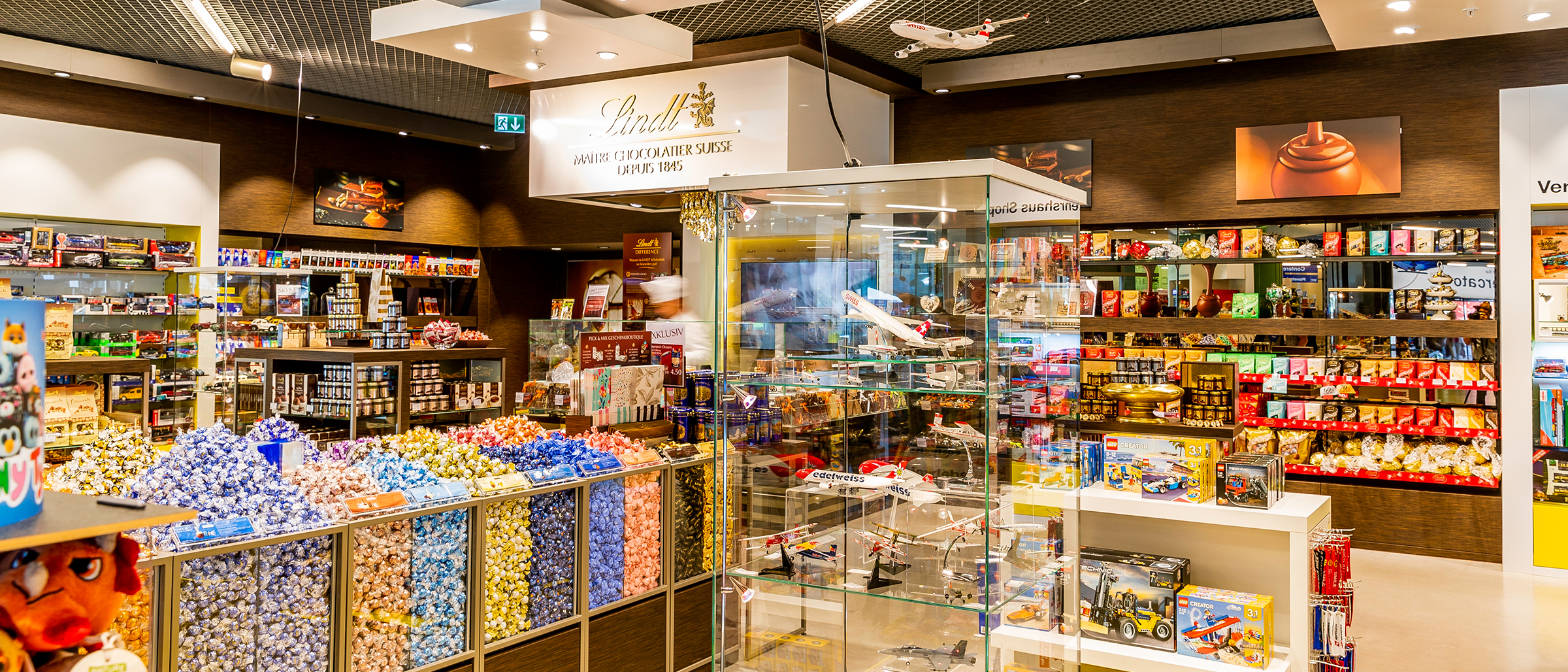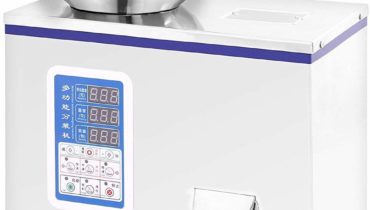Everybody knows the importance of a weighing scale for shops and supermarkets. Most importantly, they are the gadgets that help the merchants to sell items in the right quantity to their customers. Moreover, they measure the weight of the items that customers purchase and help businesses to calculate the appropriate amount with ease. Therefore, weighing scales are the only medium between customers and the shop owner while making a transaction.
Shop Weighing Scale Features
Table of Contents

Usually, it is very easy for a shop owner to use a weighing scale to weigh the items and sell them to the customer. Also, it prevents errors in the business and helps you to gain customers’ trust. So, it is important to use a high-quality weighing scale in your shop for weighing the items. Weighing scales are available in many types depending on their price, weight capacity, and technology. So, when choosing a weighing scale for your shop, you need to check the features of the machine to get the right one for you.
#1 Analog or Digital
The first thing that you need to check when buying a weighing scale is whether you need an analog weighing scale or a digital one. In general, analog weighing scales provide less accuracy compared to digital ones. They don’t need a power supply to work and are ideal for casual use. If you use an analog weighing scale for a longer period, its accuracy reduces, and it provides inaccurate results.
On the other hand, digital weighing scales can be operated on AC or DC supply or battery. These weighing scales use load cells to measure the weight and display the results. Mainly resistance load cells and strain gauge load cells are used in digital weighing scales for weight measurement. Further, they use an electronic computing circuit to convert the load output of load cells to readable numbers. They usually have a 7-segment display or LCD screen to display the measurement results.
#2 Weighing Scale Material
The material of the weighing scale is different for different applications. For applications where very small items need to be weighed, like jewelry and pharmaceutical shops, a compact weighing scale with a plastic body is ideal. These weighing scales come with a gloss finish and can weigh very small items conveniently. But in grocery stores, the weighing machines used usually have a metal body or plastic body. The steel trading shops use a weighing scale with metal construction for higher sturdiness. Moreover, weighing scales come with an anti-slip base for improved stability.
This way, weighing scales are made of different materials depending on their applications. So, you can choose a weighing scale for your use, considering your requirements.
#3 Accuracy
Accuracy is another important factor to look for when buying a weighing machine for your shop. When it comes to accuracy, digital weighing machines are mostly preferred because they provide higher accuracy than analog ones. Analog weighing scales lose their effectiveness with time and provide inaccurate results. For applications where the deviation is accepted, you can use an analog weighing scale instead of a digital one. But for applications where accuracy is important, you need to use an accurate digital weighing scale. This way, you can choose an analog or digital weighing scale for your shop, considering your needs.
#4 Environment
Considering the environment where you are going to use the weighing scale is very important before buying it. Generally, weighing scales are used in different environments such as dusty areas, clean rooms, outdoors, tabletops, and other harsh environments. A weighing scale with an elegant design is not ideal for use in a busy environment because it can break there. If you are looking for a weighing machine to weigh liquid items or use it in a wet environment, then you can consider using a waterproof weighing scale. In the same way, you can opt for a vibration-proof weighing scale to use in harsh environments.
#5 Weight Capacity
The weight capacity of the weighing scale is an important factor that you can consider to get the right weighing scale for your application. Weighing machines usually ranges from several micrograms to matric tons. So, you can select a weighing scale considering your application and accuracy requirements. For example, jewelry shops need to weigh the items in a range of micrograms to a couple of kilograms, so they need a small weighing scale for their use. But grocery shops and other shops need to weigh in the range of kilograms, so they need to choose a weighing machine with a higher weight capacity.
Conclusion:
Now, you have a clear idea about the feature to look for while selecting a weighing scale for your shop. So, you can easily choose the best weighing scale for your shop now without any difficulties. Make sure that you consider all your preferences and choose the right weighing scale for your use for the desired results.

